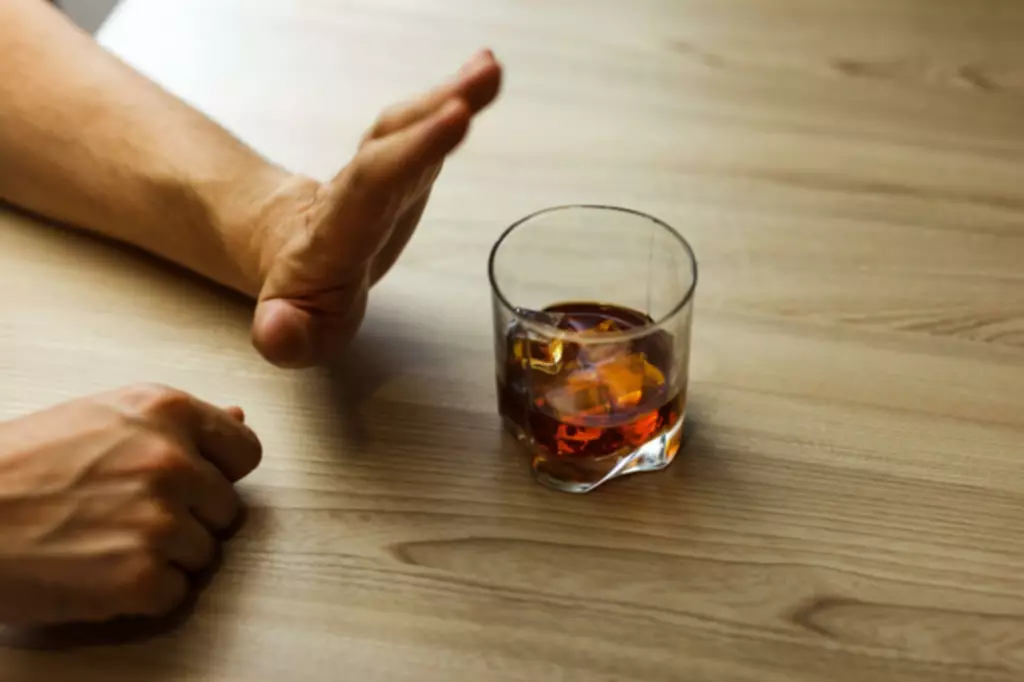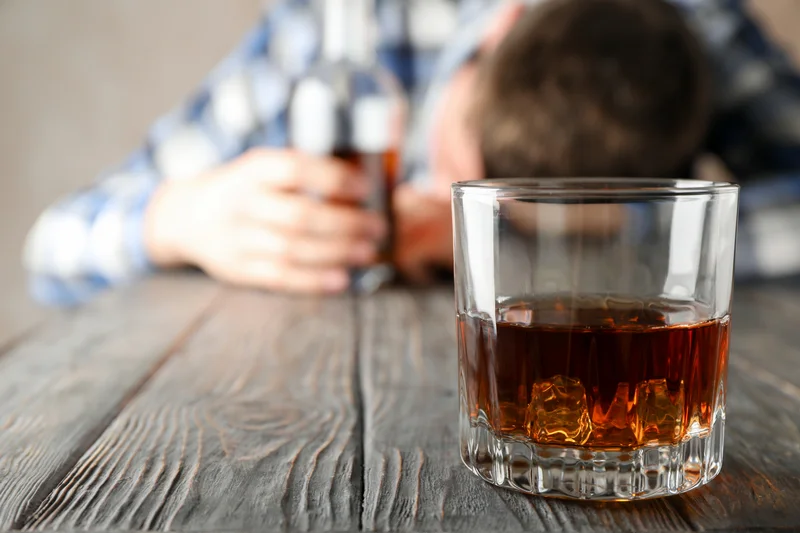Alcohol and Sweating Alcohol Sweats

Recognizing and addressing these symptoms under medical supervision ensures a safe and supported recovery process. Waking up in a puddle of your own perspiration after a night of revelry is nature’s not-so-subtle way of reminding you that your body has a bone to pick with your drinking habits. This uncomfortable experience, known as alcohol-induced night sweats, is a common occurrence for many individuals who indulge in alcoholic beverages. It’s a phenomenon that affects people across various demographics, serving as a stark reminder of the complex relationship between alcohol consumption and our body’s physiological processes. Psychological factors, such as stress, anxiety, or post-traumatic stress disorder (PTSD), can contribute to night sweats, particularly when combined with alcohol consumption. Alcohol is often used as a coping mechanism to alleviate stress or anxiety, but it can paradoxically exacerbate these symptoms and disrupt sleep patterns, leading to night sweats.
The role of medication-assisted treatment in substance abuse recovery
Furthermore, certain medications used to treat these conditions may interact with alcohol and contribute to sweating episodes during sleep. It’s essential for individuals with underlying health issues to discuss their alcohol consumption with a healthcare professional to mitigate potential adverse effects, including night sweats. If night sweats persist despite lifestyle changes and reducing alcohol consumption, it may be necessary to seek medical advice.
Ways to Cope With Alcohol Withdrawal & Treatment
- If you’ve been drinking alcohol heavily, you should consider seeking treatment immediately.
- This adaptation essentially rewires the body’s functioning to rely on alcohol, so its absence disrupts the balance.
- This not only helps to slow down your alcohol consumption but also helps maintain hydration levels.
- Sodium, potassium, and magnesium are important electrolytes that help nerves with functions and muscle contraction.
This is the equivalent of one 12-ounce beer, a 1.5-ounce spirit or a 5-ounce glass of wine, according to the National Institute on Alcohol Abuse and Alcoholism. When you drink more than this in an hour, alcohol builds up in body tissues and the bloodstream. People experiencing mild night sweats from occasional alcohol consumption may find relief using home remedies.
- Alcohol withdrawal can trigger a cascade of unpleasant symptoms, including night sweats.
- Additionally, wine contains histamines and sulfites that could trigger allergic reactions in some individuals, potentially increasing perspiration.
- It helps people have fun, feel more confident, and even enjoy themselves in the company of others.
- Night sweats can be very disruptive to your sleep, affecting your mood and overall sense of well-being during the day.
- Behavioral health treatment for alcohol problems is often (but not always) covered by insurance.
Caffeine and Nicotine Are Drugs, Why Are They Excused in Recovery?

By reducing or eliminating alcohol consumption, our bodies can rehydrate, and regulating our fluid balance more effectively, and reducing the likelihood of night sweats. Another circumstance where alcohol consumption can lead to sweating is an alcohol-related skin reaction. This form of alcohol intolerance is less marijuana addiction common, and primarily occurs in two situations.
How to Recognize and Avoid Toxic Relationships in Recovery
- Sobriety or sober is the condition of not having any measurable levels or effects from alcohol.
- Drinking alcohol can cause some people to feel hot and may lead to night sweats.
- I’ve spent the last seven years researching and understanding alcoholism, addiction, and how people get sober.
- Flushing of the neck, face, and chest can also occur if you drink too much.
- According to a 2022 national survey, 29.5 million people in the United States had past-year AUD, with night sweats being a common withdrawal symptom.
- There are effective strategies to manage these symptoms, including lifestyle adjustments and attention to hydration and environmental factors.
You might also consider finding a support group or seeking counseling to connect with others who are on a similar journey. Setting a daily sleep routine and practicing relaxing evening habits will help normalize the circadian rhythm for improved overnight sleep. In addition, relaxation techniques like deep breathing, meditation, or guided imagery can help calm the mind. Sleep is important for the restoration of the body as well as for optimal cognitive performance and mental health. As for drinking more generally, having the occasional social drink is usually nothing to be concerned about. However, if you find yourself drinking often enough that sweating from alcohol is a common issue, it may be worth cutting back on how much you consume.

When an individual stops or reduces their alcohol intake, withdrawal symptoms can occur within a few hours or several days. Sweating, clammy skin, and night sweats are common symptoms of alcohol withdrawal. These symptoms are a result of the body adjusting to the absence of alcohol and can last for several days.

Alcohol Addiction and Its Effects on Health
Alcohol withdrawal is actually one of the underlying causes of secondary generalized hyperhidrosis, a condition that explains the development of sudden excessive sweating. Essentially, drinking alcohol increases the amount of sweat the body produces and this is an issue for people who already sweat excessively. It’s important to note that while some people believe they’re “sweating out” the alcohol itself, this is largely a myth.
How to stop alcohol night sweats
People with alcohol use disorder should be monitored by a medical professional when withdrawing from alcohol. Moderate to heavy drinkers can also benefit from medical supervision in the acute withdrawal stage. A rare but very serious syndrome called delirium tremens can occur during alcohol withdrawal. Also known as DTs, an estimated 2% of people with alcohol use disorder and less than 1% of the general population experience them. Implementing these alcohol and sweating lifestyle adjustments and paying attention to hydration and environmental factors can help manage alcohol-related night sweats effectively.

Sign Up & Get Our FREE Recovery Guide
It takes more awareness by health professionals to realize that this is not a psychological disorder, but a physiological disorder. As with many medical conditions, hyperhidrosis can manifest differently for different people. For some, complete avoidance may very well be the only solution to managing excessive sweating when it comes to alcohol. You may be surprised to find there are more ways than one to stop or manage that sticky, sweaty feeling when having a night out on the town.

Add a review
Your email address will not be published. Required fields are marked *